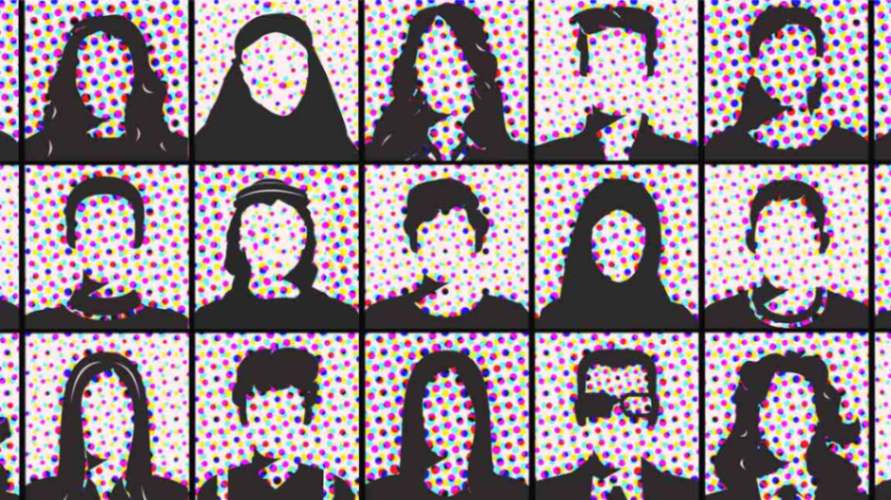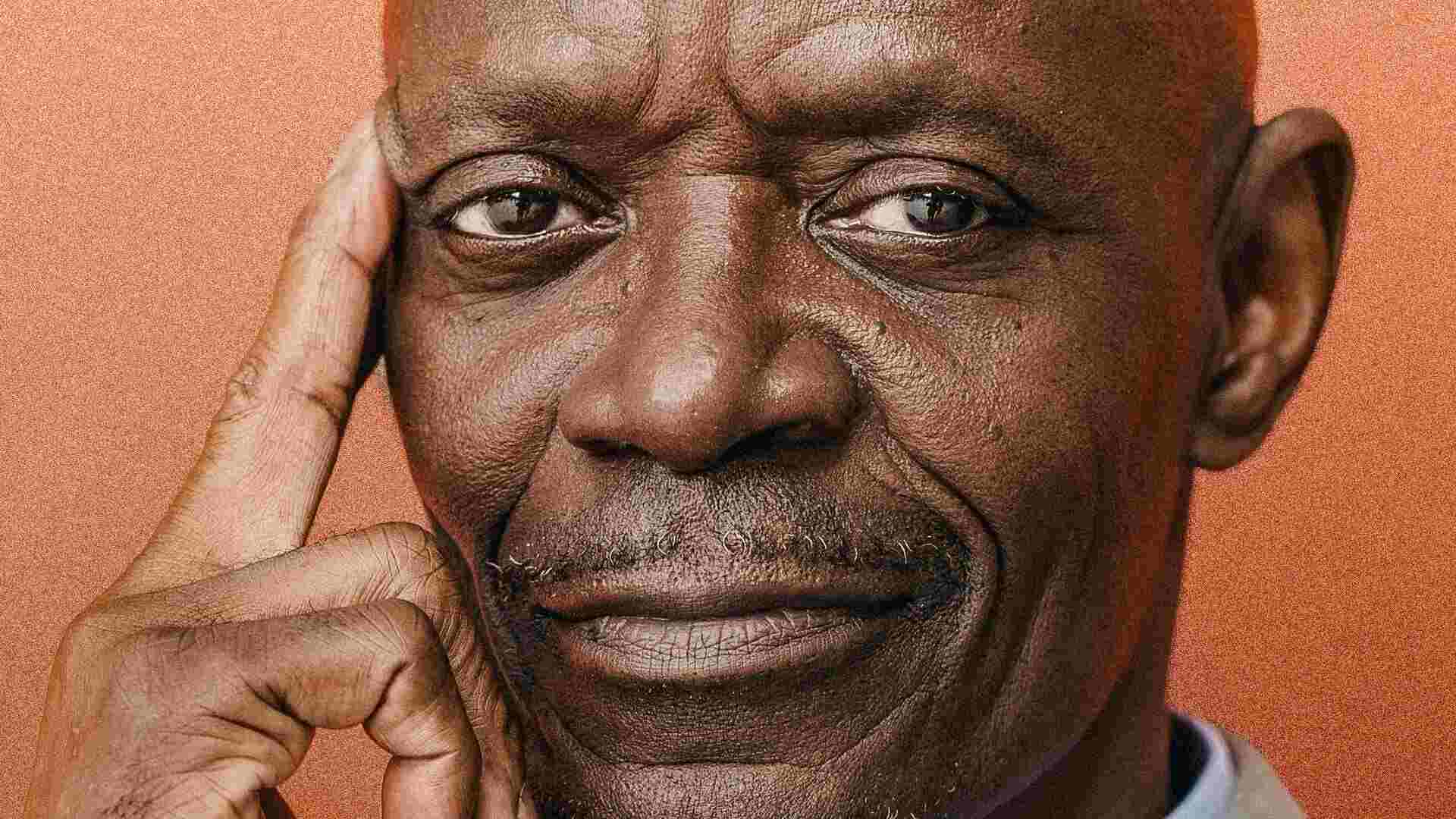- | 10:00 am
This is what happens when you stop looking for faults in others
There are two ways we can respond when presented with heroic character and virtue in others. Choosing the right one can boost your own success.

“You chose the way of the hero. And they found you amusing for a while, the people of this city. But the one thing they love more than a hero is to see a hero fail, fall, die trying. In spite of everything you’ve done for them, eventually they will hate you.”
If you don’t recognize this quote, do yourself a favor and go back and watch Sam Raimi’s Spider-Man, starring Tobey Maguire. It’s a masterpiece of both filmmaking and social commentary, hidden within the childlike trappings of a Marvel Comic superhero movie.
The sad truth is that many of us indulge the corrosive reflex of trying to knock heroes off their pedestals by seeking out flaws and defects. We can always find them if we dig deep enough. Teddy Roosevelt advocated for racial hierarchies and eugenics. Harry Truman was supported by the notorious political boss Tom Pendergast. Abraham Lincoln spent his life struggling with depression. The bigger they come, the harder we try to make them fall.
You may have heard the popular story about the professor who handed out to each student a sheet of paper that was blank except for a single black dot. When asked to write about what they saw, every student described the dot. The professor then asked why they focused on the tiny speck of black rather than the wide expanse of white.
Common sense and empirical evidence both assert that nobody is perfect. So what is it about human nature that fixates our attention on ripples of imperfection to the degree that we ignore or negate an ocean of virtues and accomplishments?
It may have something to do with this week’s addition to the Ethical Lexicon:
Gorgonize (gor·gon·ize/ gawr-guh-nahyz) verb
To affect as a Gorgon; to have a petrifying or paralyzing effect
In Greek mythology, the Gorgons were three monstrous sisters who had the ability to turn anyone who looked at them instantly to stone. The hero Perseus succeeded in beheading one of the three, Medusa, by approaching backward and using the polished surface of his shield as a mirror.
TWO WAYS TO RESPOND
There are two ways we can respond when presented with heroic character and virtue in others. Ideally, we let ourselves be inspired to set the bar higher for our own conduct. Alternatively, we might feel inadequate in their presence, which motivates us to search out reasons for debasing them. The latter choice allows us to avoid having loftier expectations for ourselves.
Which entirely misses the point. It is precisely because heroes achieve greatness despite their own flaws that we should honor and emulate them.
When we look for the worst in the worthy (or even the semi-worthy), when we focus on the splinter of ugliness that resides in an otherwise beautiful soul, we turn our own hearts to stone and thereby avoid any sense of obligation to strive toward the refinement of our own character. Rather than seeking inspiration to make ourselves better, we hunt for excuses so we don’t have to take responsibility for our own shortcomings.
To make matters worse, the same pattern of behavior has become increasingly prevalent toward anyone outside our own tribe or clique. For all the talk about diversity and inclusion, we’re witnessing a propensity toward vilification of anyone who looks, talks, or thinks differently than we do. By focusing on the negative, we lose out on the opportunity to learn from one another’s differences. Beyond that, we deprive ourselves of making valuable alliances and partnerships that can enable us to succeed as part of a team in ways we never could alone.
WE ARE ALL BETTER THAN OUR WORST MOMENTS
One of the most seminal teachings of the Jewish sages is: Judge every person on the side of merit. Ostensibly, this calls on us to give others the benefit of the doubt. But the unique plasticity of ancient Hebrew provides an additional interpretation: Judge the whole person on the side of merit.
We are all better than our worst moments, and every person has qualities worthy of admiration. Who among us doesn’t have some temperament or personal history responsible for our strengths on the one hand and our deficiencies on the other?
Contemplate how all of us carry the baggage of genetics and environment; doing so will make you less inclined to demean others and more willing to recognize their potential to contribute positively to your life.
A successful team is one that combines the best talents and abilities of all its members in symphonic harmony. Imagine if Steve Jobs had discounted Steve Wozniak for his lack of business acumen, or if Wozniak had dismissed Jobs for his lack of technical brilliance. Instead, each acknowledged and respected the genius of the other and combined their talents to create, arguably, the world’s most iconic brand.
Rather than indulging the gorgonizing inclination of human negativity, we serve our own interests best by following the ethical imperative to give the benefit of the doubt, presume positive intent, and honor our own humanity by granting others the same grace we hope they will grant us.







































